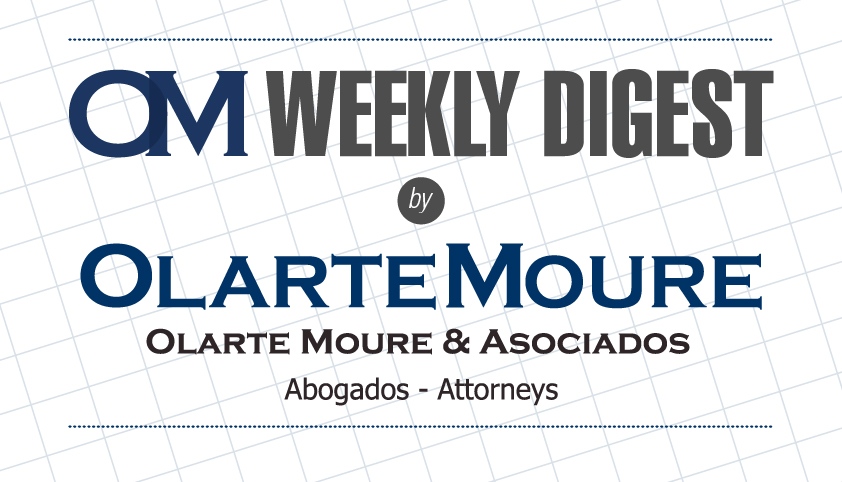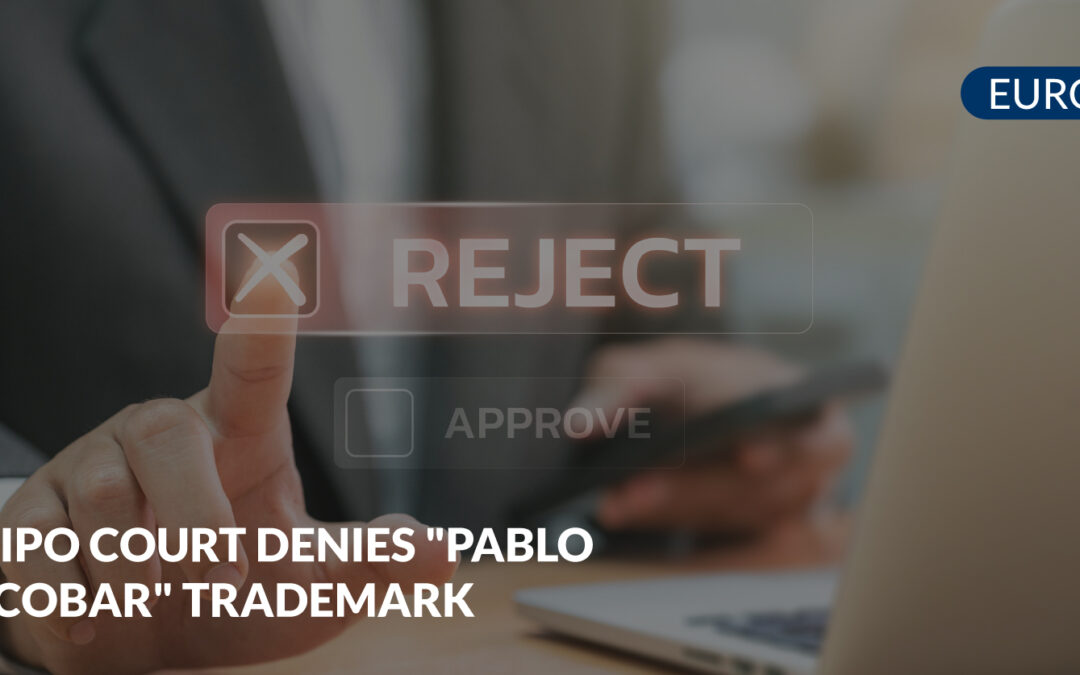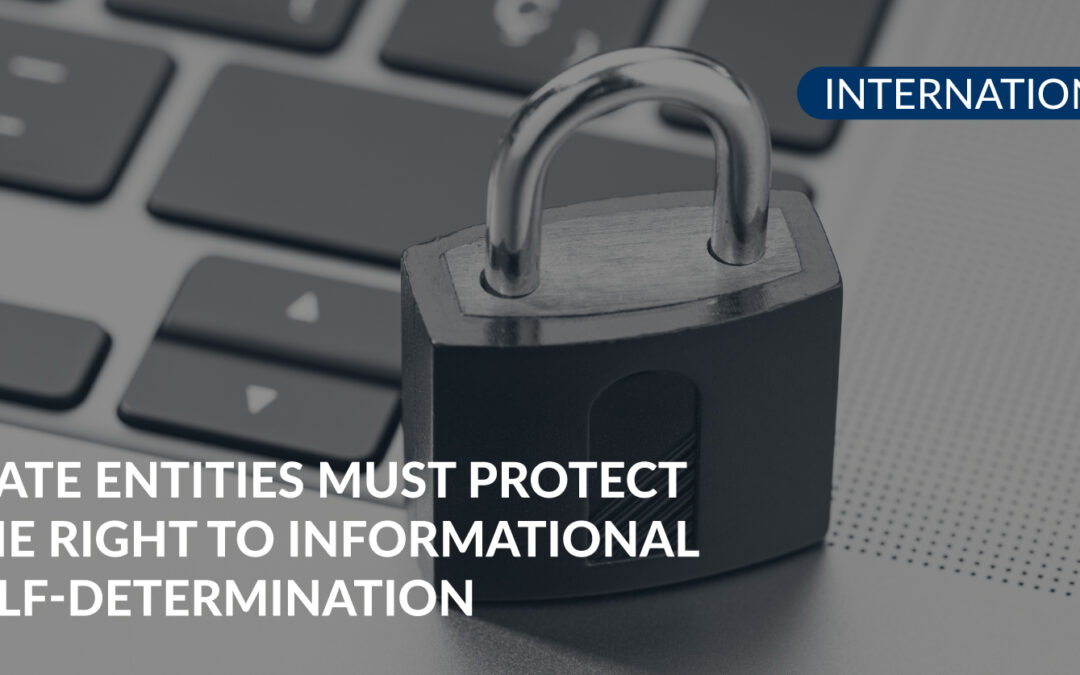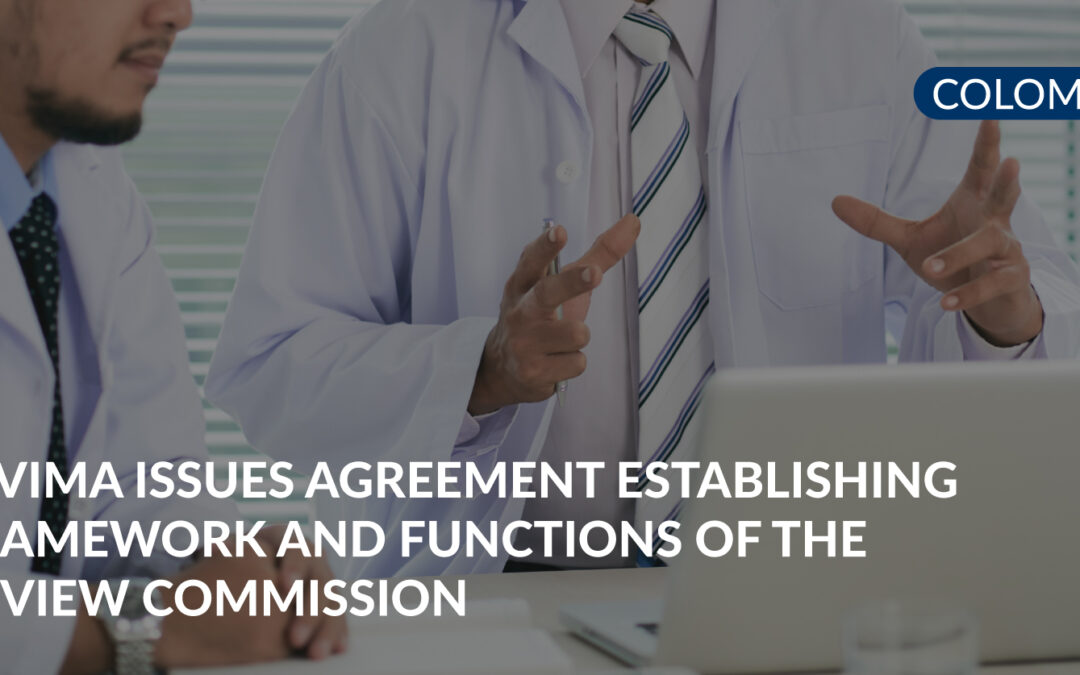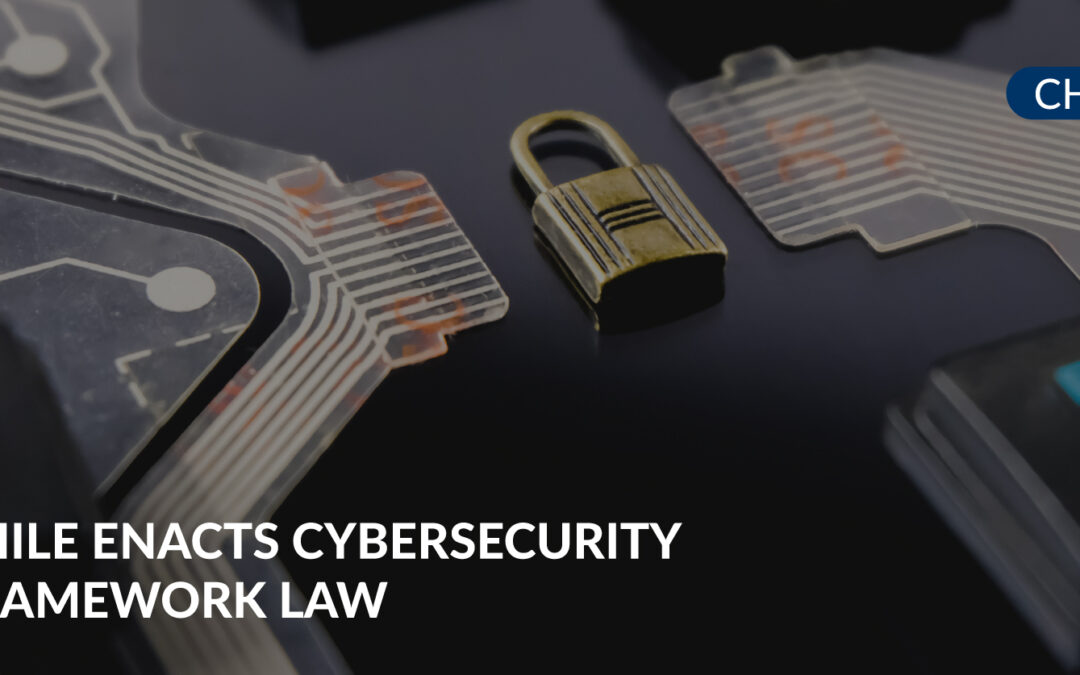.
ARGENTINA | Patents | Argentine Patent Office will apply an “Internal Patent Prosecution Highway” (IPPH)
.
Starting 15 October 2016 –and by means of Resolution 56 (12 September 2016)-, the Argentine Patent Office (INPI in Spanish) will allow the utilization of an “Internal Patent Prosecution Highway”.
According to the Resolution, the INPI will apply an accelerated patent procedure that may go far beyond the traditional PPH, since it potentially will consider the international search and patentability requirements fulfilled by allowing homologation of patentability results obtained in a third country and automatically transfer them to Argentina. To do so, the applicant must show that the foreign Patent Office which granted the patent (i) conducted substantive examination and (ii) applied the same INPI requirements for patentability. Given the questionable Argentine Patentability Guidelines in force, this begs the question, who has the same INPI requirements?
Additionally, the INPI (iii) will evaluate observations submitted by third parties,and will review if (iv) the claim scope is less than or equal to the one from the foreign granted patent, and (v) if the claimed subject matter is patentable in Argentina.
The “IPPH” will apply only to patent applications that meet the above requirements and which have not yet undergone substantive examination in Argentina.
.
SOUTH AMERICA (ARGENTINA, BRAZIL, CHILE, COLOMBIA, ECUADOR, PARAGUAY, PERU and URUGUAY) | Patents | 8 South-American countries will implement a Patent Prosecution Highway (PPH) together
.
On 16 September 2016 (and under the PROSUR Cooperation Agreement), representatives from Argentina, Brazil, Chile, Colombia, Ecuador, Paraguay, Peru and Uruguay Patent Offices publicized the entry into force of a Patent Prosecution Highway between their countries. Thereby, they give effect to the Memorandum of Understanding signed in May 2016.
The procedure –which will be available in Mottainai and PCT versions- will accelerate Office Actions among participating Offices and will be tested for a period of three years (renewable for an additional year). After that period, its final adoption will be decided. The publication of PROSUR PPH Guidelines should occur in the next days.
ARGENTINA | Regulatory | New rules on access to pharmaceuticals not distributed in Argentina
.
On 22 September 2016 –and by means of Regulation 10401/2016-, the Argentine Regulatory Authority (ANMAT in Spanish) implemented an Access Exception Regime to Pharmaceuticals (RAEM in Spanish).
RAEM will allow the import of medicines not available in Argentina for patients in exceptional situations, in which (i) the needed pharmaceutical is not available in the country, and (ii) clinical conditions do not allow the use of internally available medications. The importation of experimental pharmaceuticals will also be allowed, if the risk-benefit balance is acceptable to the patient and his life is at serious risk.
The following documents are required to access RAEM: prescription, clinic history, informed consent and proof of the distribution in a third country. An authorization will be given within 60 days.
.
BRAZIL | Patents | Brazil issues new guidelines for examination of patent applications
.
On 15 July 2016 –and by means of Resolution 169/2016 (low-res PDF)- the Brazilian Patent Office (INPI in Portuguese) issued a new guide for examination of patent applications (known as Examination of Patent Applications Guideline – Block II – Patentability).
The new guide clarifies and defines some aspects regarding patentability requirements (novelty and inventive step analysis). It also provides guidance on second use inventions, Markush-style claims and selection patents.
Significant changes includes: (i) the express acceptance of second use claims drafted in Swiss-type format, (ii) recognition of specific criteria for the patenting of selection patents, and (iii) guidance for claim drafting.
ARGENTINA | Regulatory | Argentina updates list of active ingredients that determine which pharmaceuticals are traceable
On 22 September 2016 and by means of Regulation 10564/2016, the Argentine Regulatory Authority (ANMAT in Spanish) updated the list of active ingredients in pharmaceuticals that should be tracked in the Medicine Traceability System.
All medications containing one or more of the 298 active ingredients listed in the Regulation must be tracked during its supply chain.
The Medicine Traceability System seeks to identify pharmaceuticals marketed in Argentina in order to understand the logistics linked to them (among others).

